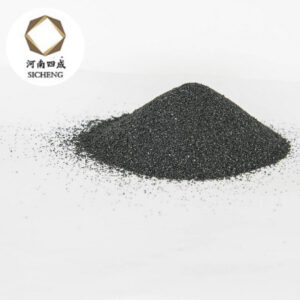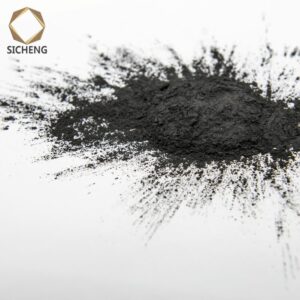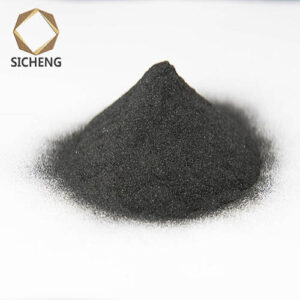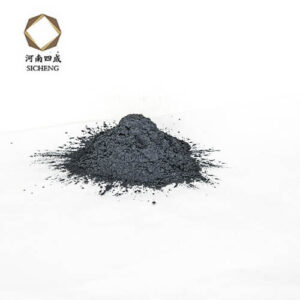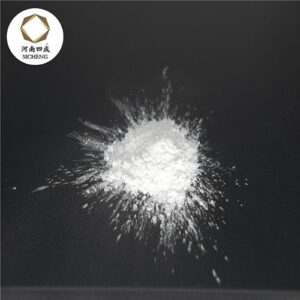Chrome ore for casting is a product of natural chromite processed by crushing and screening processes, and its main chemical component is Cr2O3. This kind of sand has a stable heating volume, high thermal conductivity, and not only has a good effect of alkaline slag resistance when in contact with molten metal, but also does not have chemical repercussions with iron oxide. So what are the functions of chromite ore? Haixu Abrasives Xiaobian provides detailed answers for everyone.
The main chemical composition of chromium ore is CR2O3, this kind of sand has stable heating volume, high thermal conductivity, and molten metal contact, not only good resistance to alkaline slag, not with iron oxide and other chemical repercussions, and itself has the characteristics of solid phase sintering, can well avoid the penetration of molten metal, prevent sand defects, suitable for a variety of stainless steel, alloy steel and carbon steel gradually appearance core raw sand and coatings.
The role of chrome ore
1. The thermal conductivity of chrome ore is several times larger than that of silica sand, which can improve the cooling rate of castings, so that chromium ore can play the role of external cold iron in practical applications;
2. The influence of the particle size of chrome ore on its refractoriness, and the particle size of chrome ore can significantly affect its refractory. In the past, it was thought that the coarse grain would reduce the brightness of the surface of the casting, but in the sand mold made of chrome ore, the surface of the sand core is usually sprayed with a certain thickness of paint, so that the brightness of the surface of the casting is not affected at all.
3. Chrome ore has a good effect of resisting alkaline slag, and does not react with iron oxides; Therefore, in practical applications, chromium ore can prevent thermochemical sticky sand;
4. The harmful impurities in chromium ore are carbonates (CaCO3· MgCO3), when it is in contact with high-temperature metals, it synthesizes CO2, which is easy to make the casting porous; Generally, chromium ore containing carbonate is roasted at a high temperature of 900 °C to 950 °C to synthesize the carbonate.
5. During the casting process of molten metal, the chromium ore itself occurs solid phase sintering, which avoids the penetration of molten metal, thereby avoiding mechanical sticky sand;

